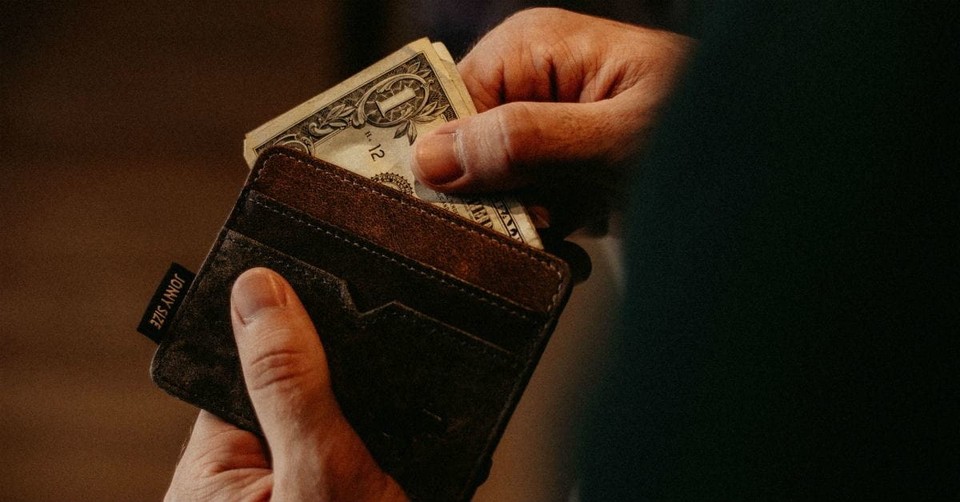A melody played in the background as the aroma of everything Italian hung in the air. It was our anniversary, and this restaurant was our favorite. The meal had been perfect and the service beyond excellent. When our waiter brought the tab, I noticed my husband pondering.
In the car on the way home, we chatted about the meal and the service. “What kind of tip did you leave him?” I wasn’t challenging, just curious.
“Honestly,”—my husband reached over and patted my hand— “I thought his outstanding service deserved to be recognized. You know, just to let him know we appreciated his effort. I gave him 18%.” I smiled, appreciating the generosity of my sweet husband. Never pausing to consider the disparity between our tithe to God and our thank-you tip to the world.
Photo Credit: Unsplash/Allef Vinicius
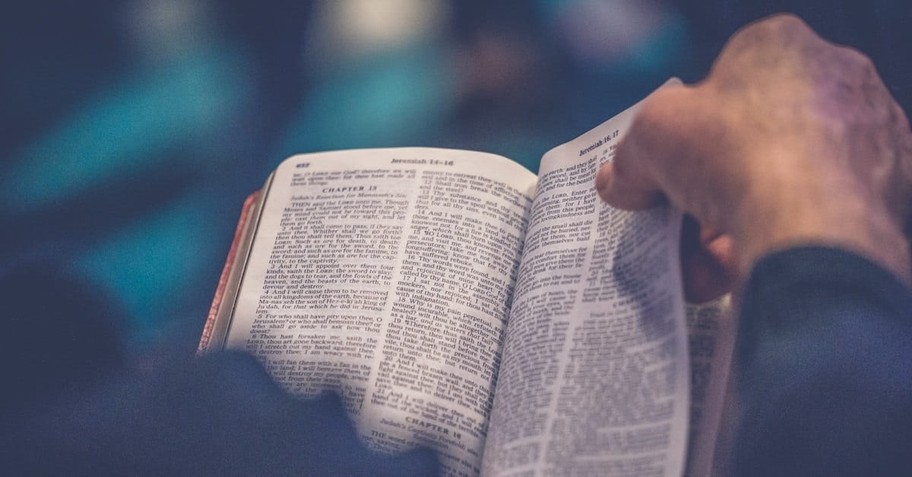
The Bottom Line
Preparing to write this article, I studied and God’s Word convicted my heart. Did you know a tithe of 10% is only the bottom line with God? The requirement. The first rung on the ladder. While some are busy congratulating themselves for tithing, The Word states in Leviticus 27:30, “The tithe is the Lord’s.” The tithe is not a suggestion. Scripture clearly states the tithe was the point of beginning with Ancient Israel and is still that same starting point today.
Jesus shows us the Pharisees and Sadducees breaking their arms patting themselves on the back, reminding everyone they even tithed their mint and dill and cumin, but He issued a woe to them in Matthew 23:23 by pointing out their neglect of the weightier matters of the law—justice, mercy, and faithfulness. Jesus said they should have done all six. Luke 11:42 identifies their neglect as disregarding justice and love of God.
ShareFaith statistics tell us, approximately 3.7% of church members tithe today. This percentage of membership carries the financial accountability for the whole body.
Photo Credit: Unsplash/RodLong

A Word from Ancient Israel
I’ve heard the phrase “tithes and offerings” all my life and knew during the Levitical Priesthood, there were continual sacrifices. But did you know there were at least eight different offerings and sacrifices beyond the tithe? I’ll skim the details, but if you’d like to study, go to The New Strong’s Expanded Exhaustive Concordance of the Bible, and look up “Tithes,” then thumb over to “Offerings.” Be sure to have a notepad and ask God to help you understand. To the right of the word and scripture reference is the numbered reference to the Hebrew word. Turn to the Hebrew and Aramaic Dictionary section and plan to be amazed. Let me tell you about six of the offerings and sacrifices I found:
Photo Credit: Pexels/SimonMigaj

Asham
Asham #817 is the Hebrew word meaning “Sin or guilt offering. A gift of restitution. Atonement.” The early Jewish people had to pay for atonement for each of their sins. They had to pay when they violated property rights or defrauded someone. Or any offense they committed against God. The amount due was to be paid along with an additional 20%. They not only had to repay with interest, they had to pay for the unblemished animal they sacrificed. (Yes, the offending person had to slay the animal…and the priest did the rest).
Jesus Christ gave us the free gift of His blood, shed to atone or cover our sins. He paid our sin debt. Once and for all. Think about that Asham offering the next time you do something that offends God. Strong’s says, “Jesus death furnished 120% compensation for the broken law of God for us.” Our offenses had to be paid before we could think about approaching the Throne of God to repent.
“But the Lord was pleased to crush Him, putting Him to grief; if He would render Himself as a guilt offering, He will see His offspring, He will prolong His days, and the good pleasure of the Lord will prosper in his hand” (Isaiah 53:10 NAS).
Photo Credit: Thinkstock/radub85
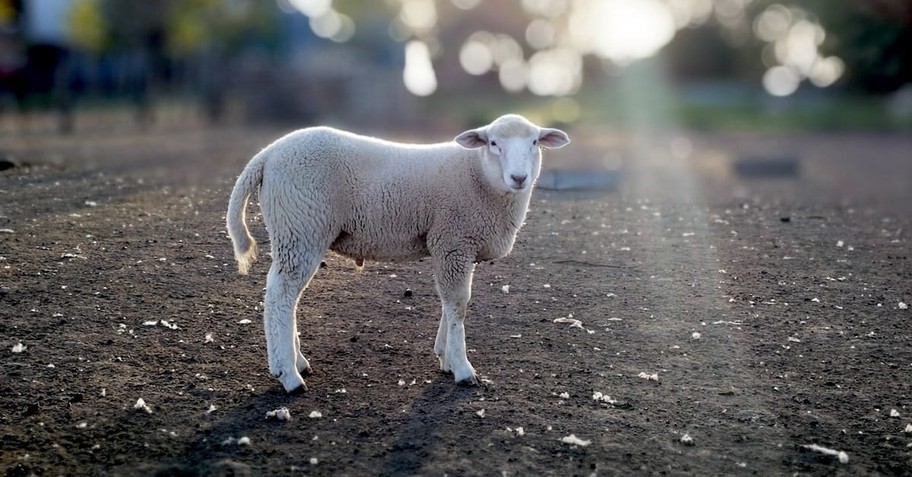
Zabach and Zebach
Zabach #2076 and Zebach #2077 meaning “to slaughter, sacrifice, were special kinds of The Passover and peace-offerings. This offering is also connected with covenant making.”
“The blood of the animal was poured around the altar, for the blood contained life as stated in Leviticus 17:11…and demonstrated ‘without the shedding of blood there is no remission of sins Leviticus 17:1’” The fat was burned, part of the flesh was given to the priests for food, and the rest was used as a communal meal.
These Zebach rites “were designed to produce a moral effect on the children of Israel.” An innocent animal had to die in their place. “They were reminded of God’s merciful disposition toward them.” They were to be encouraged to live in obedience to God’s law and deal with brothers and sisters who had less, in order to produce in all broken spirits. When Israel departed from this spirit of brokenness, the sacrifice lost its value and worth. But God’s arms continued outstretched—to those who would come—ready for repentance and obedience.
“For Thou dost not delight in sacrifice, otherwise I would give it; Thou art not pleased with burnt offering. The sacrifices of God are a broken spirit; a broken and a contrite heart, O God, Thou wilt not despise” (Psalm 51:16-17 NAS).
Photo Credit: Thinkstock
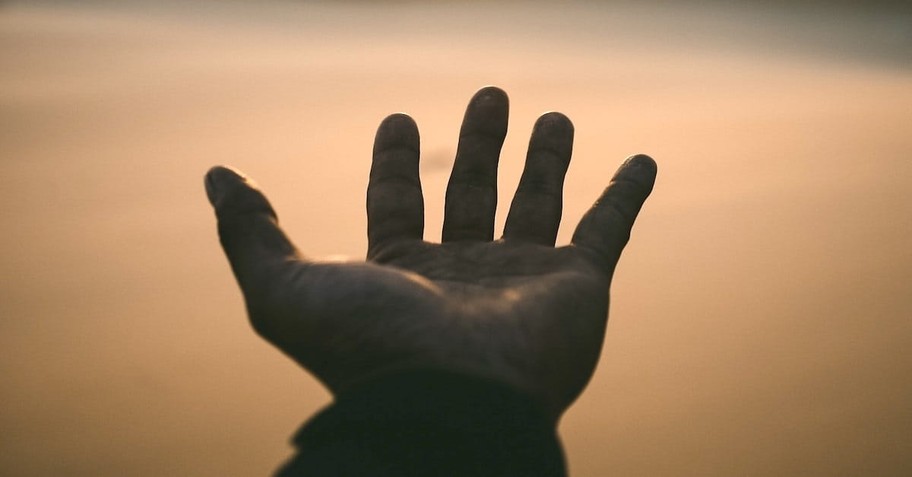
Minchah
Minchah #4503 meaning a donation, a sacrificial offering. Usually bloodless and voluntary. This offering signified “a token of love and gratitude and thanksgiving to God, the giver of all good gifts.”
“Malachi saw this offering as a ‘pure offering to God by believers.’”
How long has it been since for the pure joy of love and gratefulness you’ve offered a gift, a sacrifice to the Lord your God — just because?
“For from the rising of the sun, even to its setting, My name will be great among the nations, and in every place, incense is going to be offered to My name, and a grain offering that is pure; for My name will be great among the nations, says the Lord of Hosts” (Malachi 1:11 NAS).
Photo Credit:Thinkstock
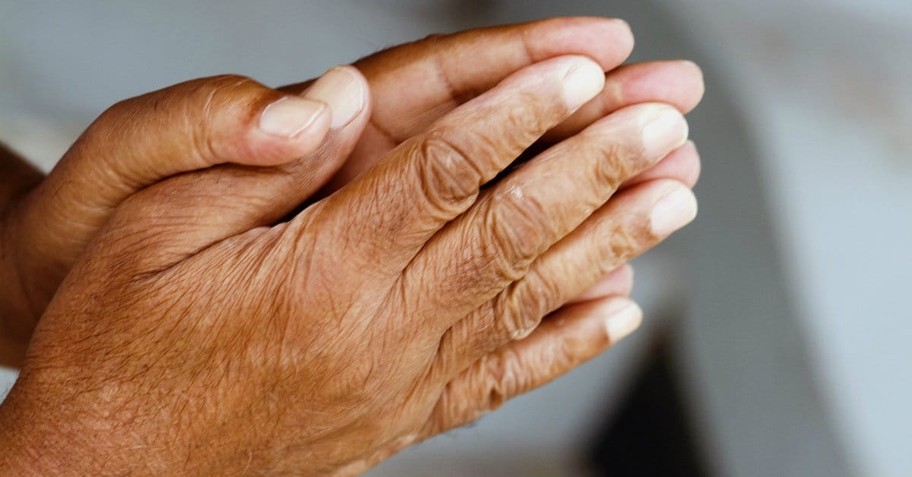
Owlah
Owlah #5927-5930 – This was a whole burnt offering, meaning going up in smoke. This was presented to God as in Noah’s offering after the flood.
Qurban
Qurban #7133 – A sacrificial present brought near the altar. These offerings were gifts of many kinds. Some were animal sacrifices, but others were silver and gold vessels offered to the sanctuary—things mentioned in the book of Numbers. Wood offerings. Things of value given out of love and devotion to God and His Temple.
Photo Credit:Thinkstock

"...the Ancient Israelites stood every day exposed to the shekinah glory of God."
There were several other offerings, a wave offering, a heave or tribute offering. All can be found under the “tithes” and “offerings” referenced above. But I hear you ask, “What does this have to do with whether or not I tip 15% and whether or not I tithe?”
Because like the bill is placed in your hands by the waiter, the Ancient Israelites stood every day exposed to the shekinah glory of God. They saw God and understood their need for atonement. Like your waiter faces you with a bill for your food and his service, and you understand your need for payment of services rendered, God’s chosen people knew their sins had to be paid for, over and over again, in order to live. The sum of their tithes and offerings were more in the 25% range.
“Then the cloud covered the tent of meeting, and the glory of the Lord filled the tabernacle. And Moses was not able to enter the tent of meeting because the cloud had settled on it, and the glory of the Lord filled the tabernacle” (Exodus 40:35 NAS).
Photo Credit: Unsplash/Alexandru Tudorache

Have You Seen Jesus?
Pondering the lives of those early Israelites, the ones God trusted to convey His Word to us, I thought about their lives under the pillar of fire by night and the cloud by day for over forty years. When the tabernacle was built, the Spirit of God remained in their presence day and night. And when Solomon’s temple was constructed, the presence of God’s Spirit dwelt among them until the days of Ezekiel when their sin was so gross, God’s shekinah glory departed, never to return—until that day.
Today we don’t have the physical cloud or the fire. The Holy Spirit now dwells in the hearts of those who choose to believe and trust and obey the Word of God and His Son Jesus Christ. He placed you and me to be the exact representation of Him for the days in which we live – to carry the good news of the gospel to those who’ve never heard. I don’t know about you, but I’ve wondered how anyone can see the correct impression of Jesus when they look at me.
“For whom He foreknew, He also predestined to become conformed to the image of His Son, that He might be the first=born among many brethren…” (Romans 8:29 NAS).
Photo Credit: Thinkstock

Taking God’s Grace for Granted
I’m afraid there’s a disparity between what I say I believe and what I actually live out because I become side-tracked by His blessings, rather than living in the light of His presence. I’m consumed with my wants and needs rather than considering the plans He has for me. In short, I’m more attuned to pleasing flesh and blood folks around me—folks my physical eyes see like family, friends, or waiters—choosing their thanks and approval, rather than choosing to listen, hear, and obey my Father in Heaven.
Out of sight, out of mind—I’ve taken Him for granted. My eyes focus on the horizontal here and now, rather than the eternal vertical of understanding the principal of this is not my home and choosing to obey my soon coming King. How long has it been since you’ve presented a love offering to Jesus—just because of His outstanding sacrifice for you? Because of His faithful care over you and your family? Because of His promise to never leave or forsake you? Or do you groan when special offerings are taken? Or turn away when faced with someone in need?
Photo Credit: Pexels
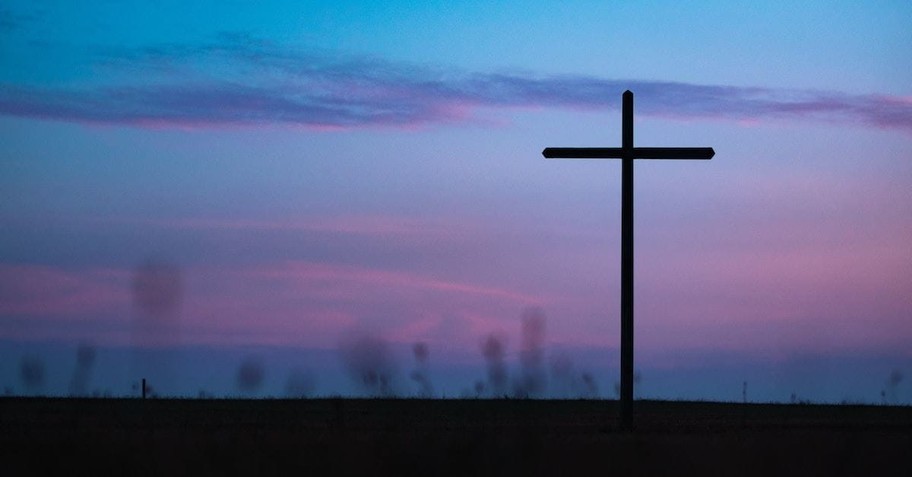
"His poured-out blood on that cross was payment, once and for all, for each of your sins."
His poured-out blood on that cross was payment, once and for all, for each of your sins. Could it be in this out-of-sight, out-of-mind world, you’ve never understood or seen the shekinah glory of God? Could it be you’re so busy with me and mine, you don’t ponder the majesty of your Creator, Sustainer, Savior, and Friend? Could it be you’re more tuned in to the people you can see, failing to experience God’s glory because you haven’t seen Him?
“For if the blood of goats and bulls and the ashes of a heifer sprinkling those who have been defiled, the sanctify for the cleansing of the flesh, how much more will the blood of Christ, who through the eternal Spirit offered Himself without blemish to God, cleanse your conscience from dead works to serve the living God?” (Hebrews 9:13-14 NAS).
DiAne Gates writes for children, young adults, and non-fiction for adults through her blogs, http://dianegates.wordpress.com/ and www.floridagirlturnedtexan.wordpress.com. She writes monthly articles for Christian online magazine, Crosswalk.com. Freelance artist and photographer, she also facilitates a GriefShare support group. Wife, mother, and Mimi, whose passion is to share those hard life lessons God allows to conform us to the image of His Son.
August of 2015, Roped, DiAne’s award winning, first western adventure series released, and the second book, Twisted, released by Pelican Book Group July 14, 2017.
Photo Credit: Unsplash/Aaron Burden
Originally published October 01, 2018.
